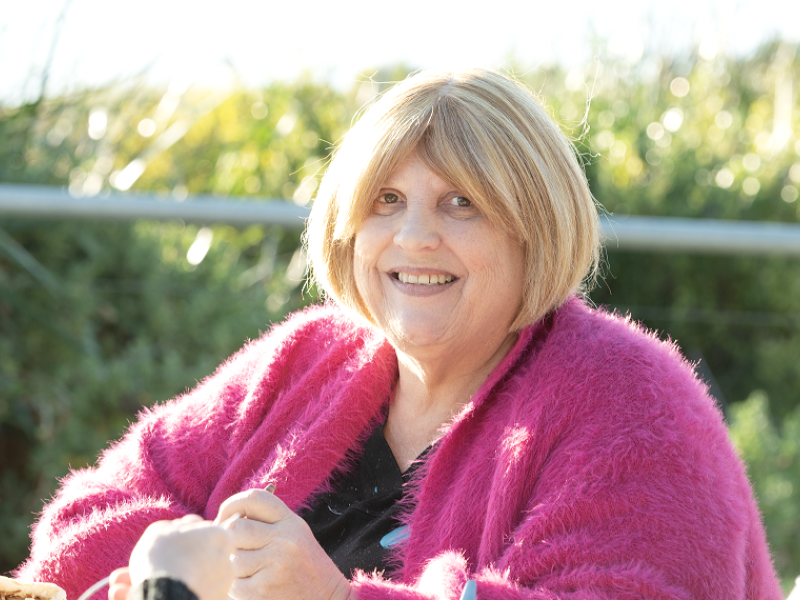People who use Darling Downs Community Care Unit are achieving very positive outcomes – and Mind and Darling Downs Health are planning to make it even better.
The organisations recently held a workshop together to identify opportunities to continuously improve service delivery and help service users achieve the best possible outcomes. Key among these were supporting and promoting service users’ physical health goals and developing a localised model of care that reflects the needs of the Toowoomba community.
The workshop was also an opportunity to reflect on shared success and the shift over time from a clinical/medicalised model to recovery-oriented practices. Service users who have been supported by the CCU team also shared their experiences of their transition from long-term inpatient care to living in the community.
Mind Australia and Darling Downs Health have worked in partnership for over five years to deliver the long-term inpatient mental health care program based in Toowoomba, Queensland. It helps people who are experiencing severe and persistent mental health challenges to set individual recovery goals so that they can progress towards living independently.
